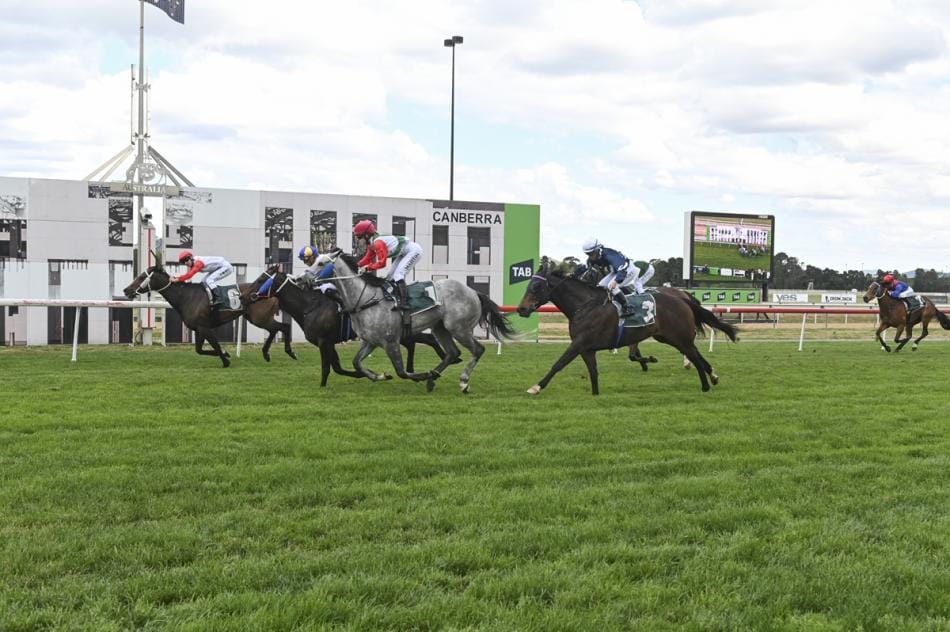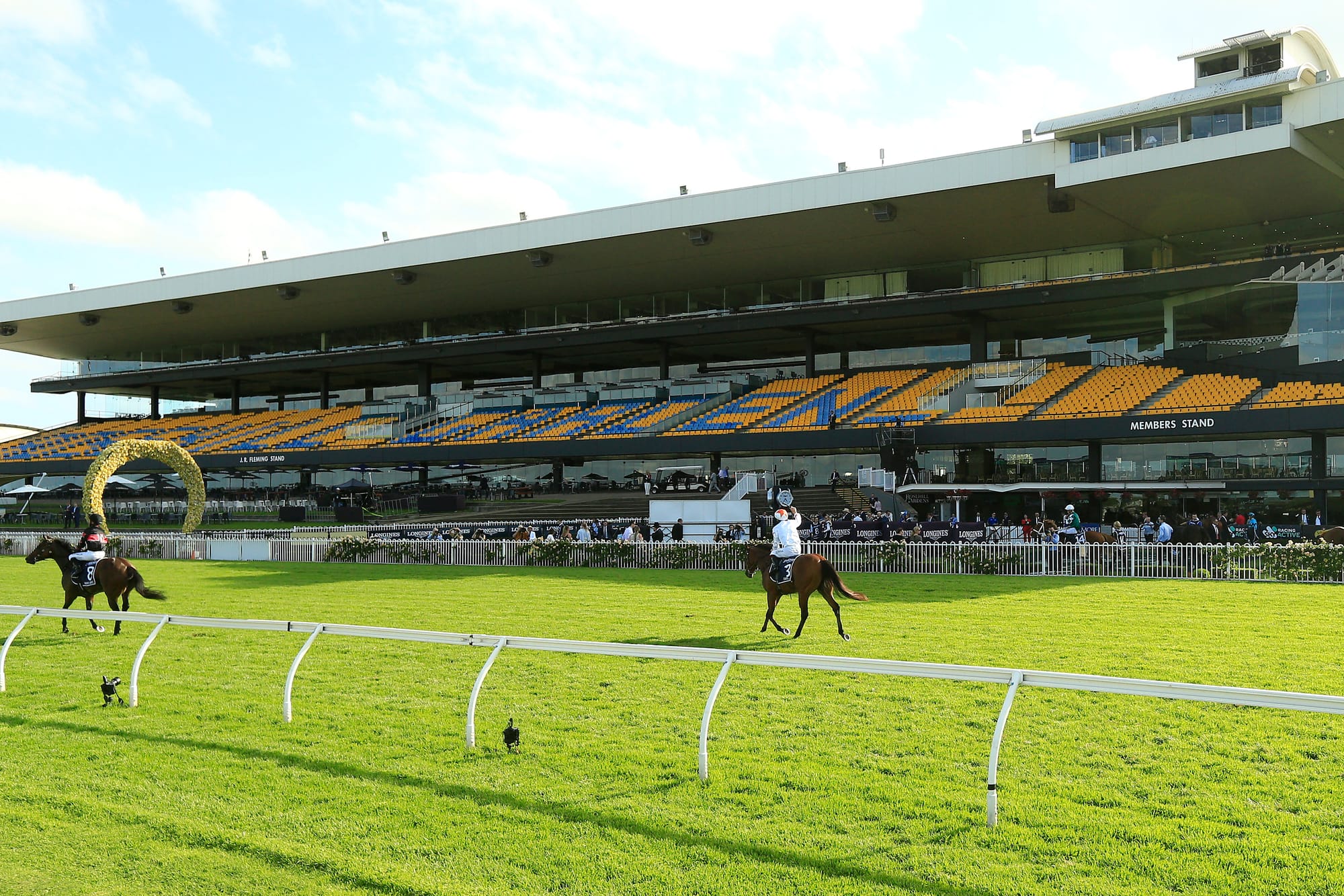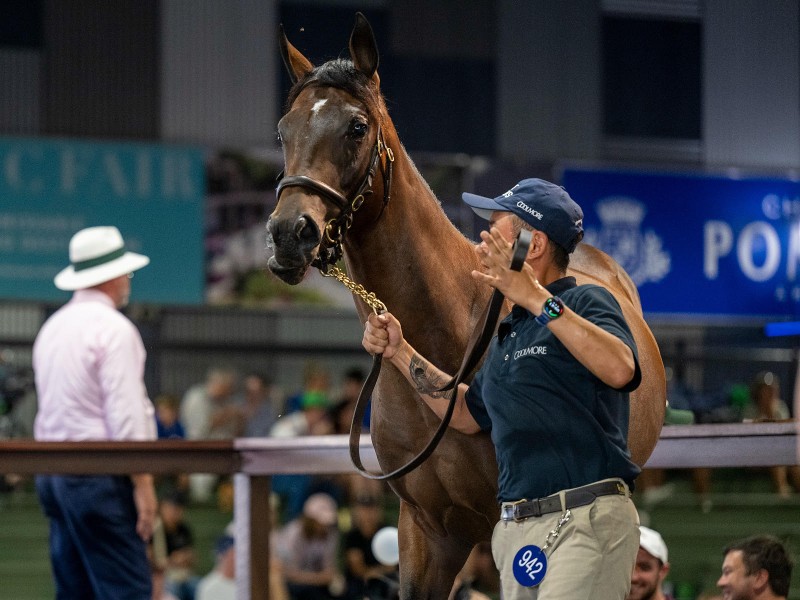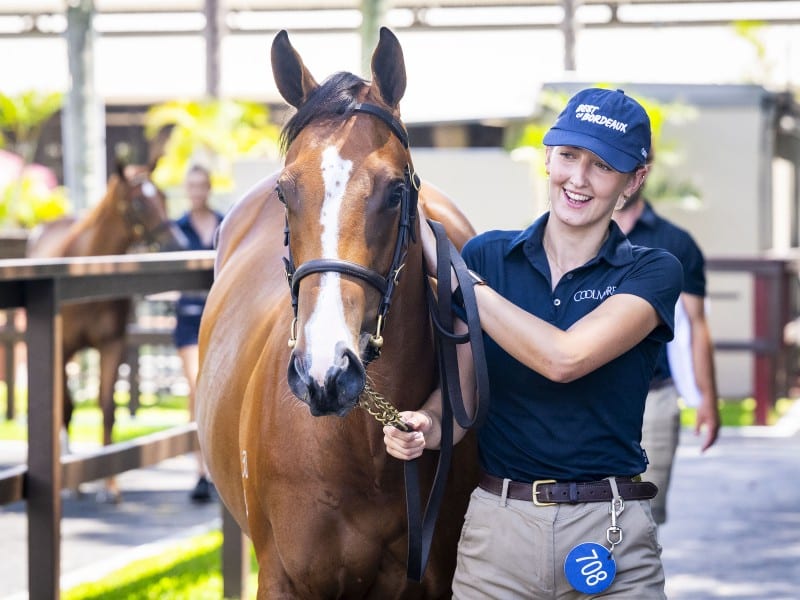Canberra redevelopment an ACT election issue as Greens ‘run hard against racing’
The ACT Labor government has made a partial redevelopment of Thoroughbred Park for housing a key plank of an election promise to deliver 30,000 new homes in Canberra by 2030.

In a significant boost for the Canberra Racing Club‘s plans to deliver on a master plan to secure the thoroughbred industry’s long-term future in the Australian capital, the government says it is committed to the Thoroughbred Park proposal.
“A re-elected Labor government will also progress planning for urban infill in areas suitable for gentle urbanism, including the current and future light rail corridors and Thoroughbred Park’s proposed housing development in Lyneham,” Labor said.
Labor’s housing promise follows the establishment of a steering committee to accelerate the proposal’s due diligence amid a fierce Greens campaign to shutter the Canberra racing industry.
The ACT Greens have called on the government scrap horse racing in the ACT and assume the entire Thoroughbred Park precinct for housing in what has become a political issue ahead of the ACT election in October.
In their own election pitch, they have released a counter master plan for a new suburb with up to 5000 homes and a school to be built on the 65-hectare Canberra racecourse site.
“It’s been politicised by the Greens who have an ideological opposition to racing,” Canberra Racing Club chief executive Darren Pearce told The Straight.
“The Greens are using the election to paint themselves as a point of difference between the major mainstream parties.
“There’s a political overlay to this where the Greens are certainly running hard against racing.”
But in a blow to the Greens hopes of having horse racing suffer the same fate as greyhound racing, the Thoroughbred Park housing and revitalisation steering committee will be made up of Canberra racing officials, government agencies and other stakeholders.
It’s a positive move that Pearce says comes as the project, reportedly worth $2 billion, takes on more importance in solving Canberra’s housing crisis.

“The opportunity for us has got bigger,” he said.
“There’s related parcels of land that puts us in a strategic corridor. We’re a gateway site from the north into the city and to the northwest growth corridor of Canberra.
“So the government is thinking bigger with our side of what it could be, which is great.
“But it also adds time and complexity to the process of rezoning under our scheme.”
Pearce said a pathway to rezoning should be cleared soon after the election with Canberrans going to the polls on October 19.
Shops, cafes, and restaurants would also be built on racecourse land earmarked for redevelopment without compromising the CRC’s racing and training facilities.
The CRC holds a lease on Thoroughbred Park until 2100 and its masterplan and rezoning bid has been identified as a government priority under an updated Territory Plan released in late 2023.
“The steering committee helps us get all the decision-makers and stakeholders around the table to thrash out the issues so that we can get to rezoning, which is the first phase of the redevelopment,” Pearce said.

“So, we’re hopeful that all of the work that we’ve done results in a positive outcome post the election when the government’s back in decision-making mode.”
Pearce, a former Australian Turf Club chief executive, has been an interested observer during the first two days of a NSW parliamentary inquiry into the proposed sale of Rosehill.
He says there are many comparisons between the ATC’s bid to sell the racecourse and Canberra’s redevelopment.
“Race clubs do have to look at their business model and their balance sheets to make those balance sheets work for them to provide some risk management for the future,” he said.
“But racing also has to keep its social licence by working hard with community, working hard with equine welfare, harm minimisation and wagering.
“There are plenty of people challenging our social licence so if you look at what’s happening in the ACT election, there are definitely parties pursuing major reform pressures for racing.

“We have to work very hard to be good citizens, to be a force for good in our community, to support local charities and local businesses, to win their trust, to push back on their ideologically charged political arguments against what we do.”




